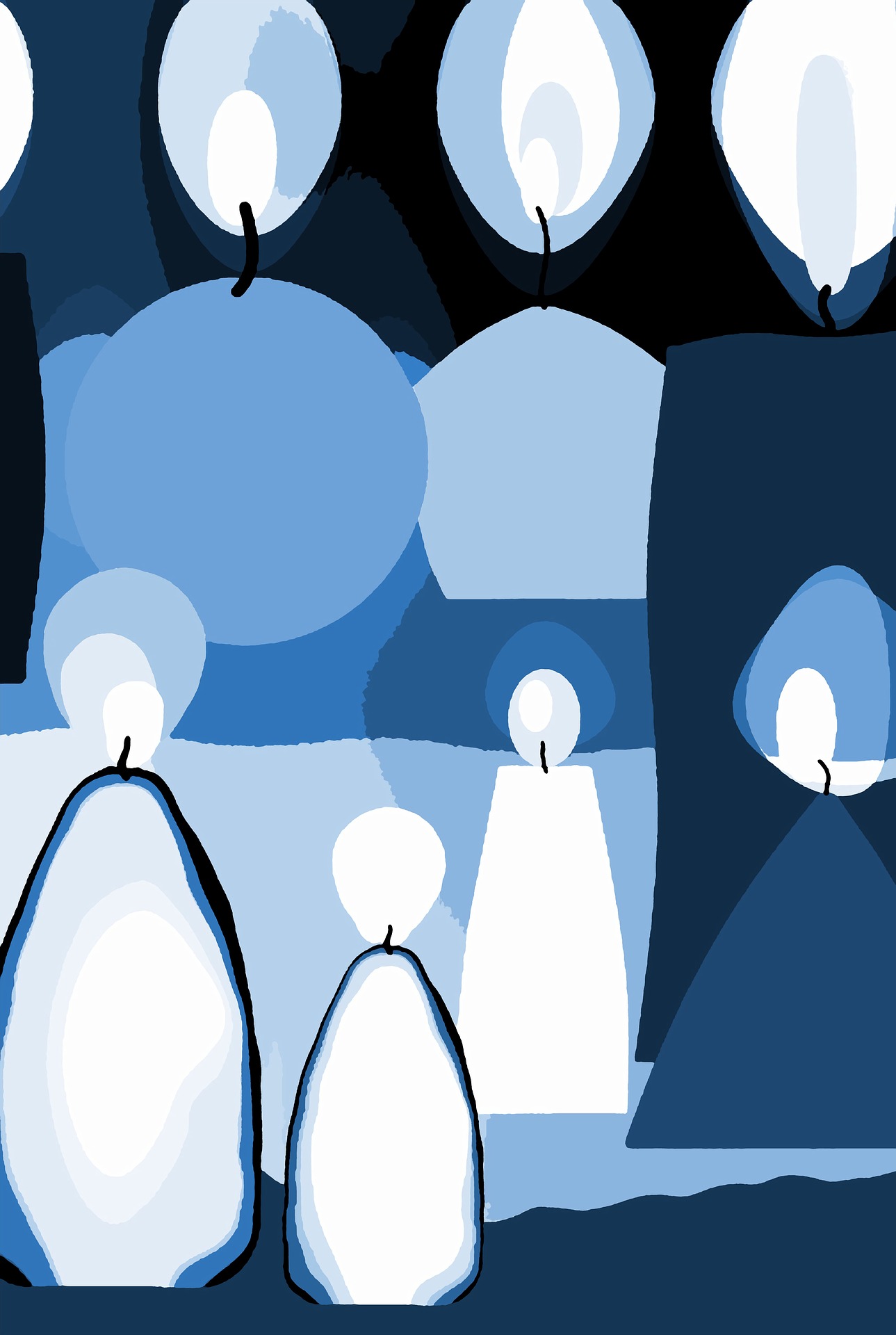 Submitted by Spirit Mind on
Submitted by Spirit Mind on

People often fear what they don’t understand. Many people dread attending a funeral and can obsess for days before having to attend one. Wakes can also be apprehensive situations, having to co-mingle with the dead and the living. What condolences can a person give that would give the surviving members solace and peace, while they grieve for their loved ones?
60,000 B.C. Neanderthal Man started the funeral ritual out of fear, fear for himself, that the spirits of the deceased person might come after him. As a result, a burial rite of some kind seemed appropriate. For all the differences funerals may have on distinct societies, the funeral ceremony is the one ritual which binds all as human beings. The need to honor the dead; have a sacred place for them to rest; and a memorial after their departure is very important to those who are left behind to grieve.
From fear of the gods or spirits of the deceased, man has designed ceremonies to placate their wrath. Various customs have emerged where some societies burn their dead; leave them for vultures or other wild animals to devour; grind their bones and mix it with their food. Superstitions still abound when it comes to the dead and death rites.
When religion came into the foreground, certain customs became gender-oriented. Some societies hung their men from trees and buried their women. Others buried their women and cremated the men. Still others buried their men facing North and the women facing South.
One cannot say society has evolved much since those times. Some people still approach death with fear. In various parts of the world, mourning clothes are warn to hide from spirits. In the West where black is the mourning color, it is directly opposite in Eastern countries, where white is the color of grief. There are even some Eastern societies where if one is rich enough, one hires professional mourners to wail and cry for hours. The more mourners hired, the richer one was considered and more honor heaped upon the deceased.
Another custom has been to cover the face of the deceased so that the bad spirits will not come out of his mouth. Feasting is a common ritual of funerals and afterward the ceremony. Some Eastern societies still worship their ancestors by having a feast day to take food to the dead person’s grave. Afterward, the food is taken home and eaten. Some of it will be left on a small table with a picture of the deceased, incense and whatever, so the family can always remember their loved one(s).
Burning candles; ringing of bells; holy water sprinkled over the deceased; flowers to gain favor with the spirits; firing of a rifle over the body are all signals for the spirits not to bother the living. Finally, the wake is having a group of people watching over the dead, sometimes in the hopes that he/she will return.
If a person has been raised with ritual and a respect for funerals, perhaps they would not be so adverse to them. Like someone once said, death should be a celebration, not a sadness. Funerals should be parties to celebrate the life of the deceased. One should drink, eat ,and be merry that the dead person has lived a good life.
http://www.pitlanemagazine.com/morals-values-and-norms/why-funerals-are-not-for-everyone.html